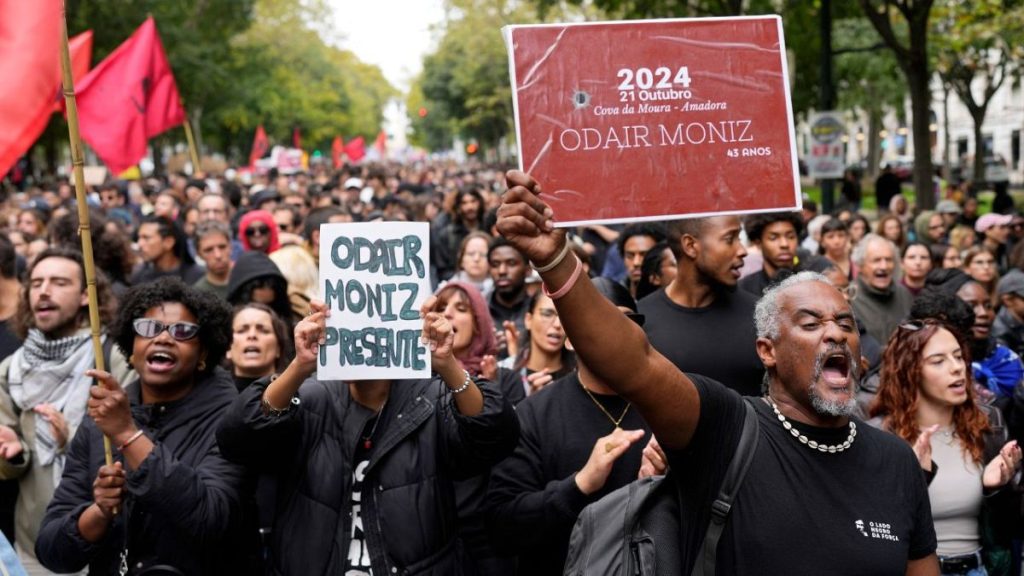In response to a police shooting of a Cape Verdean man in Lisbon, a Left Bloc politician raised concerns about accountability within Portugal’s police force management. This call for accountability followed contradictory statements between the police force and the officer involved in the shooting. The officer initially claimed that the suspect had a weapon and resisted arrest, leading to the use of lethal force. However, the officer later told investigators that there was no weapon involved, and witnesses also refuted the police’s account. This incident sparked unrest in Lisbon, with over 140 public disturbances resulting in numerous arrests and injuries.
Former Portuguese MEP Paulo Portas criticized Left Bloc member Fabian Figueiredo for allegedly calling for an end to Portugal’s police force. Portas cited Figueiredo’s statement that the continuity of the police force needed to be rethought as a reason for his criticism. Portas questioned who citizens would call for help if the police force was disbanded, suggesting a lack of confidence in alternative sources of protection. The exchange between Portas and Figueiredo highlighted differing perspectives on the role and actions of Portugal’s police force, particularly in response to incidents of lethal force being used.
Figueiredo clarified that he did not advocate for the dismantling of Portugal’s police force but rather called for reflection on the management of the police force if it was proven that the suspect was unarmed during the shooting. He emphasized the importance of accountability and truthfulness within law enforcement, suggesting that misleading statements by the police should prompt a reevaluation of leadership. This stance on transparency and integrity within the police force was a central point in Figueiredo’s response to the shooting incident and subsequent public unrest in Lisbon.
The clash between Figueiredo and Portas led to Portas issuing an apology for misinterpreting Figueiredo’s words. Portas acknowledged that he had made an “unintentional mistake” by misrepresenting Figueiredo’s stance on the police force. He cited his reliance on news reports and lack of time to fully understand the context before commenting on the issue. This apology highlighted the importance of accurate communication and understanding in political discourse, particularly when addressing sensitive topics such as law enforcement practices and accountability.
The shooting of a Cape Verdean man by a police officer, the subsequent conflicting statements, and the public unrest in Lisbon underscored broader concerns about police conduct and accountability within Portugal. The incident prompted calls for transparency, truthfulness, and accountability within the police force, as well as a critical examination of police management practices. The exchange between political figures like Figueiredo and Portas reflected differing viewpoints on law enforcement and public safety, highlighting the need for constructive dialogue and mutual understanding in addressing complex societal issues.
Overall, the response to the police shooting in Lisbon revealed tensions surrounding police accountability and public trust in law enforcement institutions. Calls for transparency and integrity within the police force, as well as concerns about the use of lethal force and its justification, were central themes in the aftermath of the incident. The dialogue between political figures like Figueiredo and Portas highlighted differing perspectives on police management and the role of law enforcement in ensuring public safety. Moving forward, addressing these concerns and fostering an environment of accountability and trust within the police force will be essential in maintaining social order and fostering a sense of security within communities.













